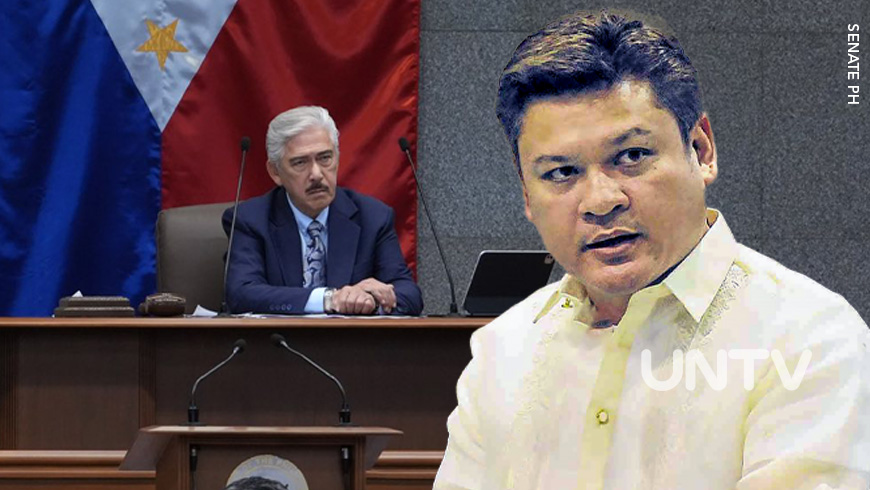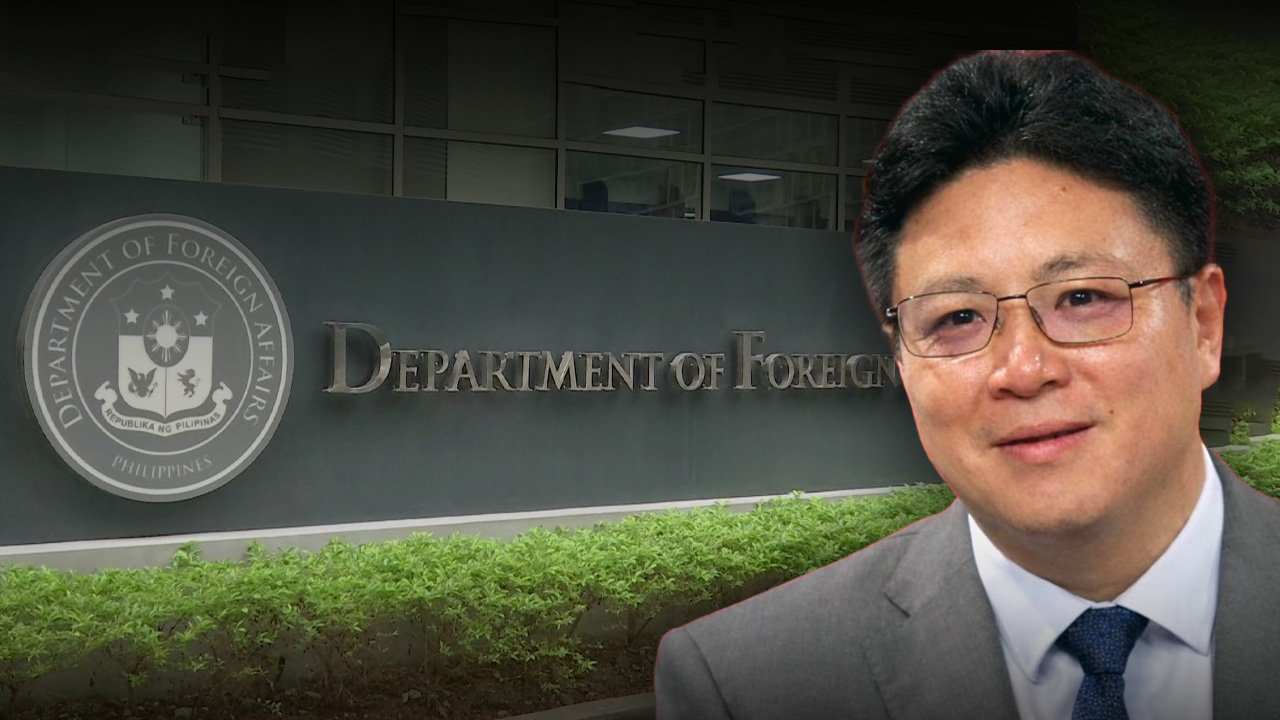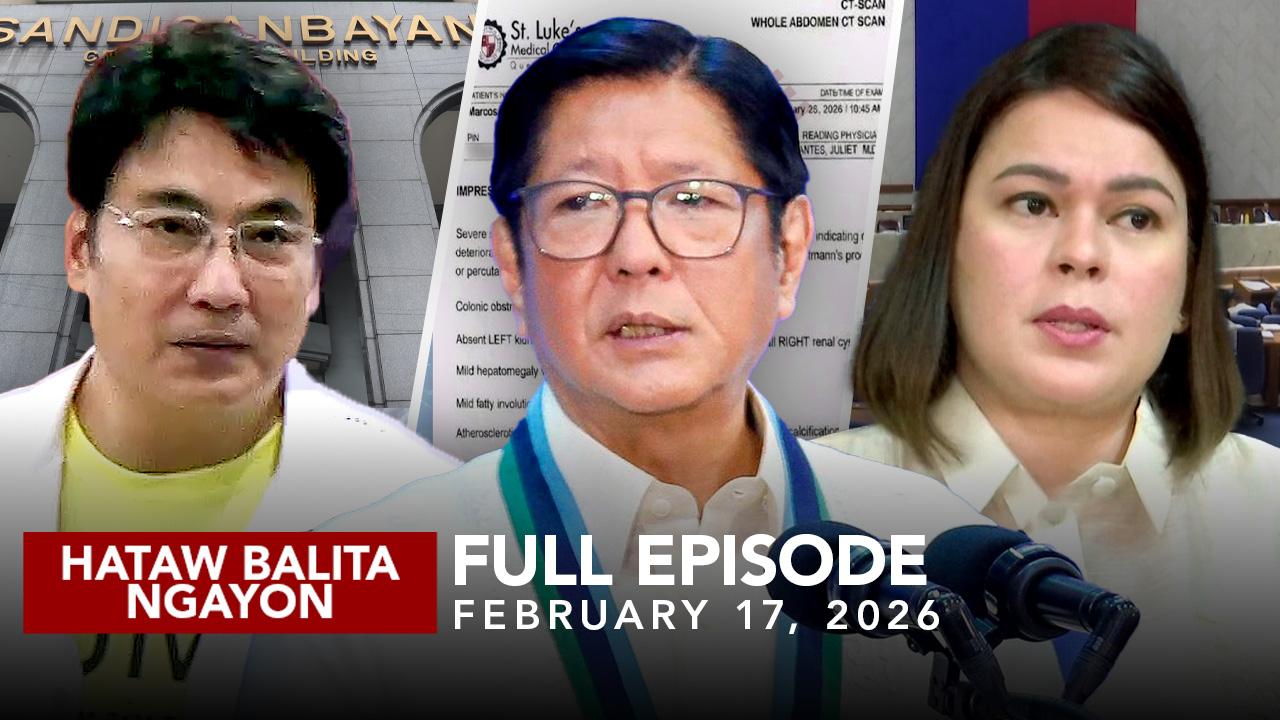The Philippines has enacted Republic Act No. 12287, known as the "Declaration of State of Imminent Disaster Act," which allows the government to implement preventive measures before disasters occur rather than responding only after destruction happens.
The law enables the declaration of a "State of Imminent Disaster" when forecasts and risk assessments by the National Disaster Risk Reduction and Management Council (NDRRMC) and regional councils identify probable disasters with potentially catastrophic impacts, such as approaching super typhoons or projected severe flooding.
Under the new law, the president can declare this state for areas ranging from barangays to entire regions based on NDRRMC recommendations. Local chief executives can similarly issue declarations within their jurisdictions upon recommendation from regional DRRM councils.
Once declared, the government can mobilize resources for public advisories, deploy response teams, conduct preemptive or forced evacuations, procure and distribute relief goods to vulnerable populations, and implement contingency plans to protect agriculture and food supplies.
The legislation mandates the inclusion of Anticipatory Action Funds in the General Appropriations Act. These funds, along with the National DRRM Fund, will be disbursed immediately upon declaration, eliminating previous bureaucratic delays that hindered swift pre-disaster response.
To prevent abuse, the law prohibits the creation and spread of false disaster information and the manipulation of assessment reports. Violators face fines ranging from P50,000 to P500,000, imprisonment, or both.
The State of Imminent Disaster is automatically lifted when the hazard occurs or when subsequent risk assessments indicate the projected impacts will not materialize, ensuring resources are allocated only when necessary.
Senator Jinggoy Ejercito Estrada sponsored the legislation, which provides a legal framework for early intervention in disaster situations to minimize loss and protect Filipino citizens.
This new law promises a future where the country is not just resilient but truly prepared, minimizing loss and safeguarding the well-being of its citizens against nature’s worst.



%201.svg)



































